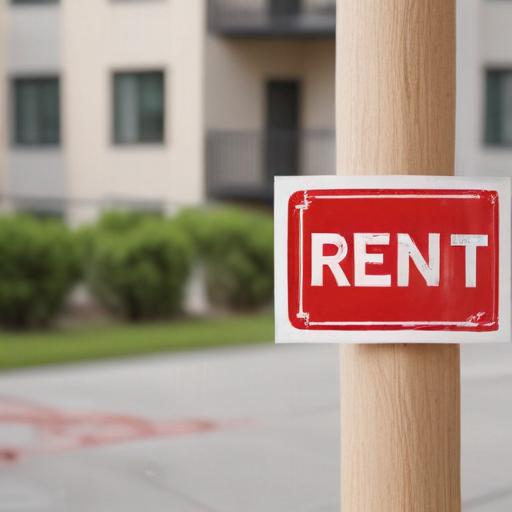Spain has initiated a major crackdown on Airbnb, instructing the platform to take down over 65,000 holiday rental listings that violate local regulations. The Spanish Ministry of Consumer Affairs highlighted issues such as missing license numbers, inconsistent ownership documentation, and discrepancies between the listings and official records as justifications for this mass delisting.
This action comes at a time when Spain is facing a significant housing affordability crisis, with protests growing against soaring rents and home prices. Critics point to short-term rentals, especially those listed on Airbnb, as a contributing factor to the affordability issues, particularly in major tourist destinations like Madrid and Barcelona.
The government’s decision reflects a response to mounting pressure from citizens seeking regulation in the short-term rental market. In parallel efforts, Barcelona has set an ambitious goal to eliminate all 10,000 licensed short-term rental units by 2028 to prioritize housing for its residents. The current crackdown targets properties across various regions, including Madrid, Andalusia, and Catalonia, underscoring a nationwide effort to address the housing crisis.
Consumer Minister Pablo Bustinduy has stated that the intention is to eliminate the prevalent “lack of control” and “illegality” in short-term rentals. He emphasized the urgency of the matter, saying, “No more excuses. Enough with protecting those who make a business out of the right to housing in our country.”
Despite the increasing regulatory actions, data reveals that about 321,000 homes held holiday rental licenses in Spain as of November of last year, reflecting a 15% increase since 2020. Many other units operate without the required licenses, prompting the Ministry of Consumer Affairs to investigate Airbnb’s compliance since December.
Airbnb has contested the government’s actions, asserting that it encourages hosts to adhere to local laws and maintain required permits. The company claims that the Ministry has not supplied lists of non-compliant rentals and argues that many property owners do not need a license to offer their homes for rent. Furthermore, Airbnb points out previous court decisions indicating that it operates as a digital platform rather than a real estate company.
This situation highlights a critical intersection of tourism, housing policy, and community needs in Spain, as the government strives to balance the interests of residents with the economic benefits brought by short-term rentals.
As efforts continue to regulate the industry, the hope remains that local governments will find equitable solutions that address the housing crisis while recognizing the role of tourism in the economy.
